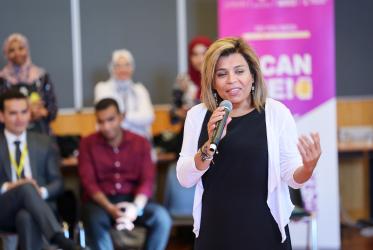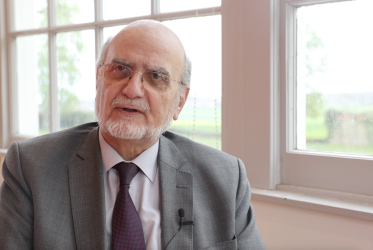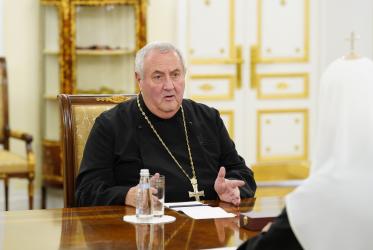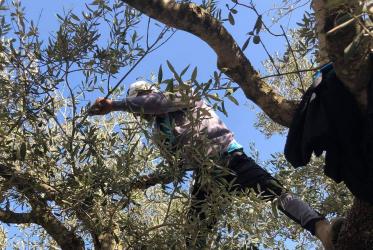Displaying 1 - 17 of 17
"Holy Week in the Holy Land: an intersection in time"
06 April 2023
Promoting human dignity through art
06 September 2022
In Lebanon, “without peace there is no justice”
21 July 2021
“Your life is in peace when you collect the olives"
29 October 2020
Christian unity strengthens between Sweden, Malta
23 January 2020














